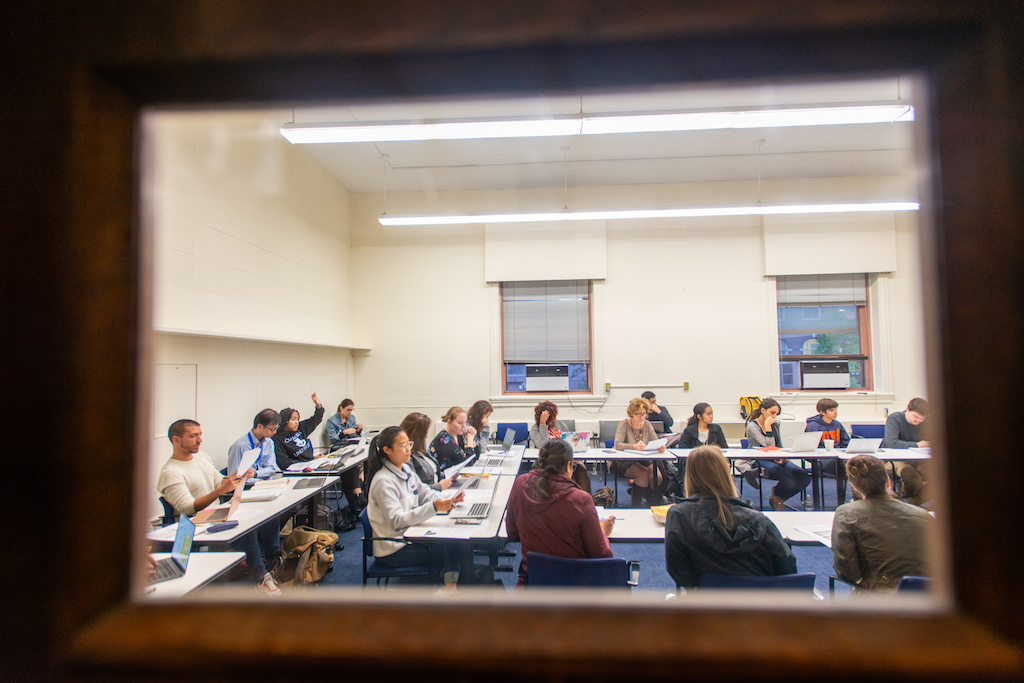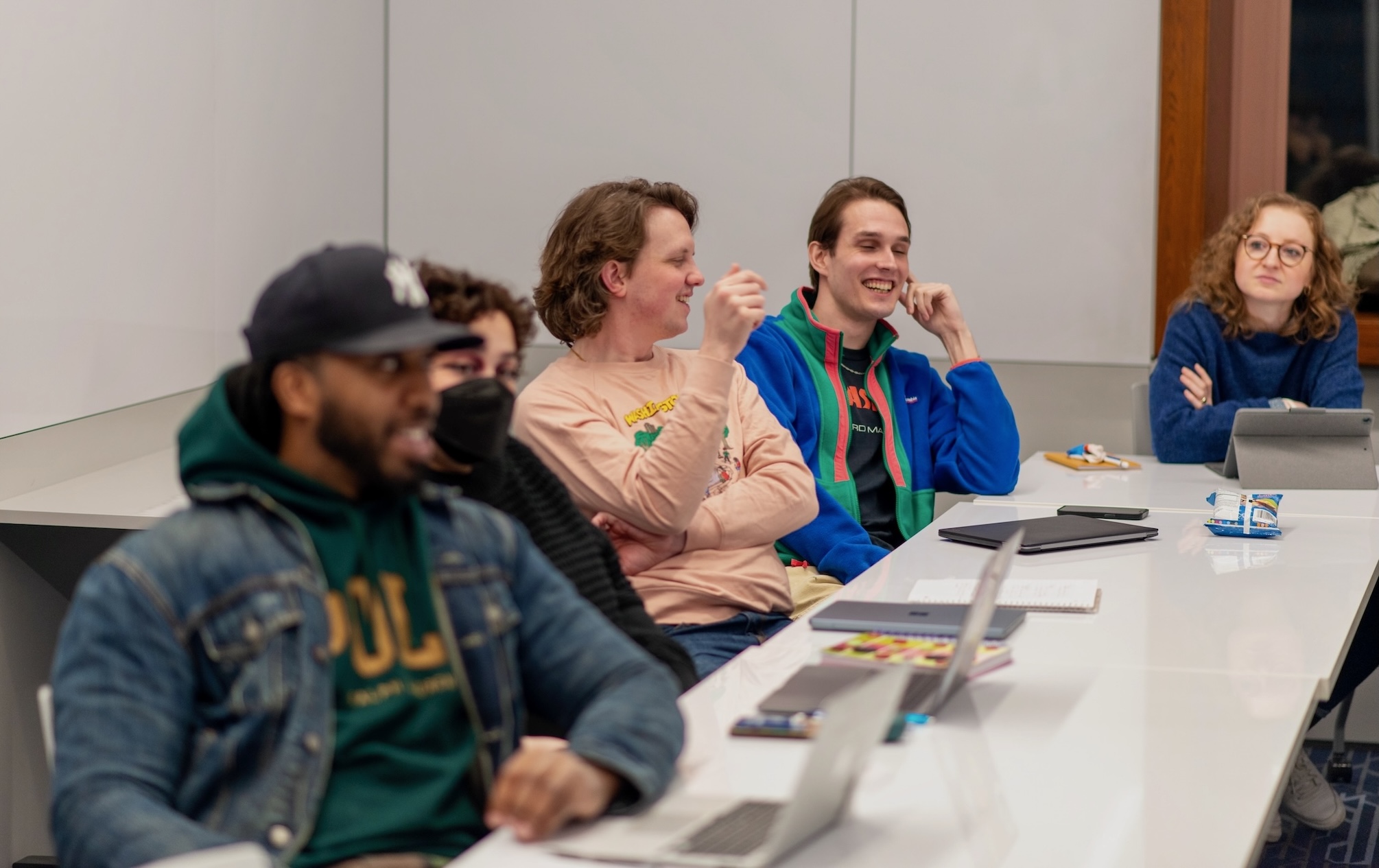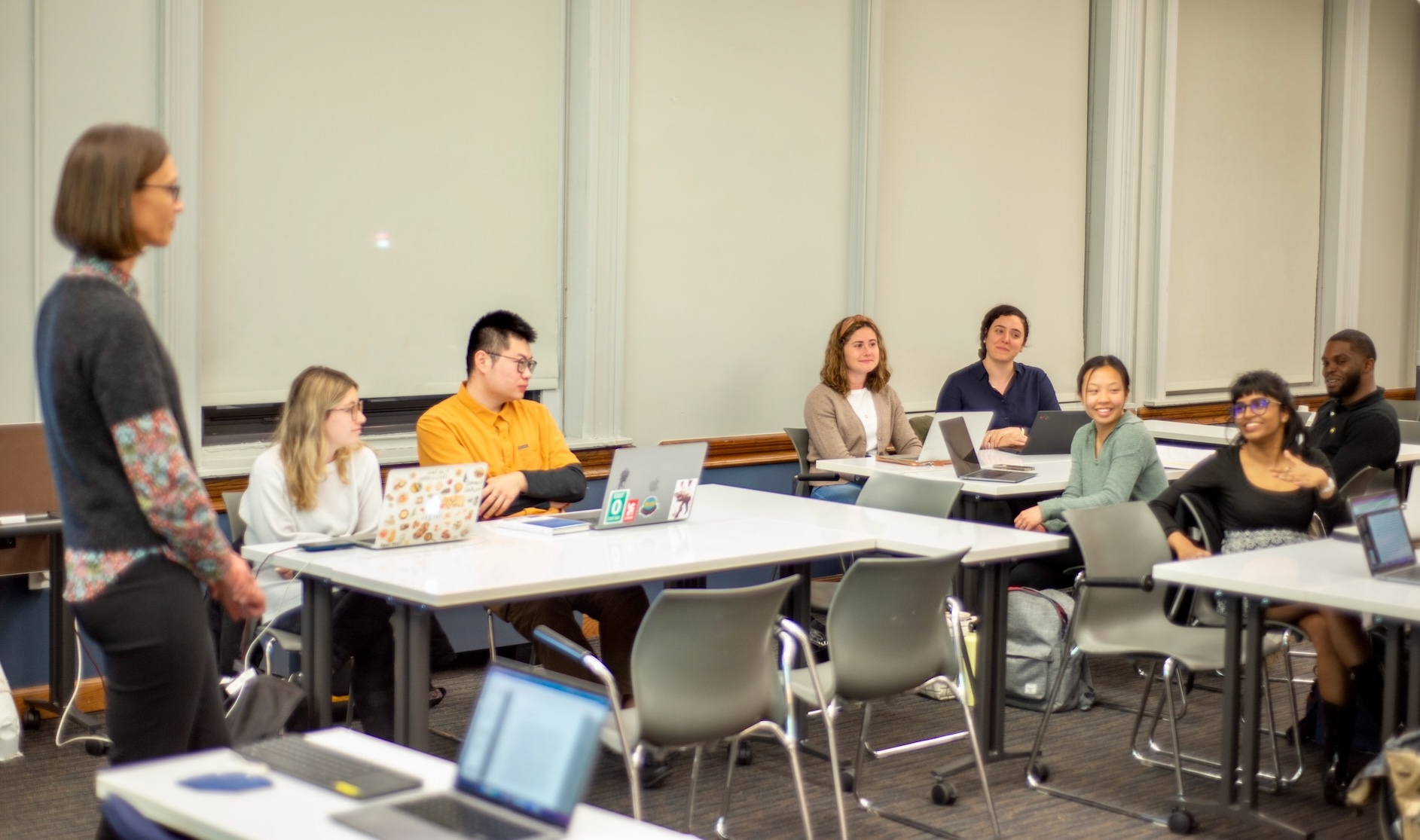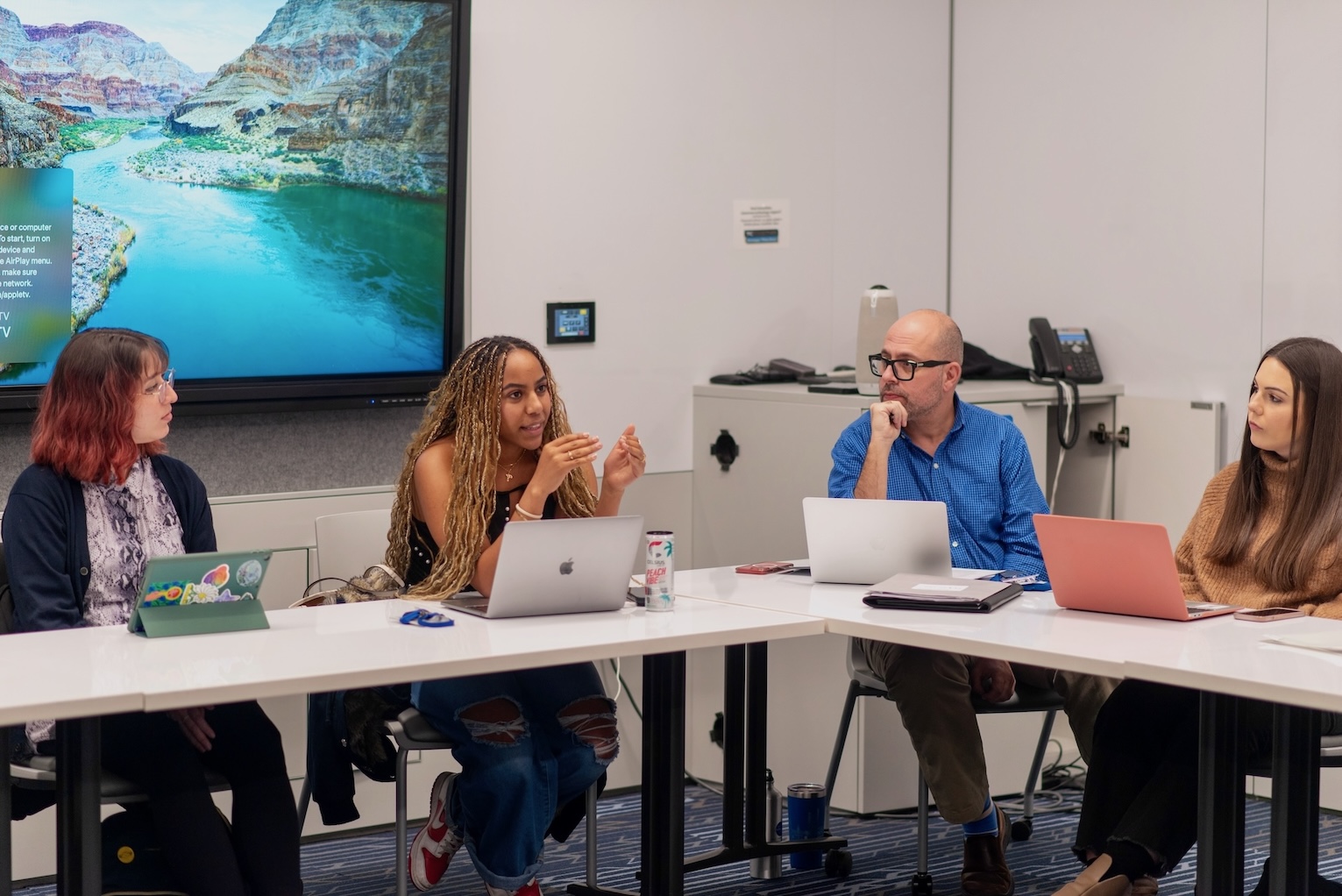Welcome to the Program in Politics and Education
The Politics and Education program serves students who wish to study the ways in which governance institutions, political ideologies, and competing interests, both within and outside of the education community, influence the content, form, and functioning of schooling. Schools represent a powerful instrument for shaping the development of future generations of citizens and workers as well as an important source of jobs and investment in many communities. How do societies handle conflicting visions of what schools should and should not be doing, and what are the specific changes in political and governance processes that might facilitate better decision-making and policy implementation? Students will study in depth the ways power and politics affect and are affected by such issues as reform and innovation, centralization and decentralization within federal systems of governance, privatization and school choice, race and ethnicity, poverty and inequality, professionalization and bureaucratization, testing and accountability.
Faculty contributing to the program are drawn from throughout the College and possess research and teaching interests in urban, suburban, state and federal levels of school governance, as well as in cross-national and other comparative settings. The balance of control and cooperation, coalition building and competition, resistance and bargaining in each of these settings, as well as the central roles of power and agency in the political science discipline inform the perspectives of faculty and students in this program.
In addition to courses listed within the Politics and Education program, the Department of Education Policy and Social Analysis at Teachers College and the Departments of Political Science and School of Public and International Affairs at Columbia are all resources available to students as they develop their programs of study. Depending on their interests, students with a master's degree in Politics and Education conduct research in think-tanks and education policy shops, teach politics, history or civics in secondary school, hold public office or other program website(non-certified) leadership positions in educational settings as diverse as private and public schools, corporations, citizen groups, and foundations. Doctoral recipients in Politics and Education teach in colleges and universities, conduct research in think-tanks and research centers, and advise public officials. Ph.D. students are expected to master the discipline of political science in addition to the specialty of politics in education.
Professor Jonathan Collins is the Program Coordinator for the Politics and Education program.



